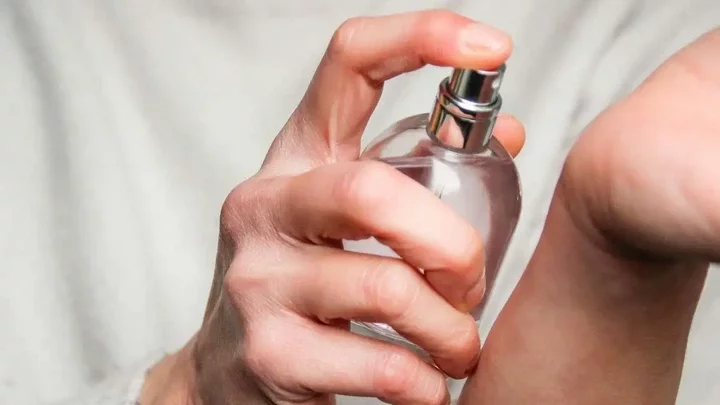
In 2018, Brazilian pensioner João sought medical help after he found a wart on his penis.
"I started visiting medical clinics to find out what it was, but all the doctors told me it was due to excess skin and prescribed medication," the 63-year-old recalls.
Despite the medication, the wart continued to grow. It started to take a toll on his marriage and João and his wife's sex life declined. "We were like siblings," he admits. He was determined to find out what was going on.
For five years, João went back and forth to specialists who prescribed more medication and ordered new biopsies. "Nothing solved it," he says.
Then, in 2023, he was given a diagnosis - João had penile cancer.
"For my family, it was a very unpleasant surprise, even more so because I had to have part of the penis amputated. I feel like I was decapitated," he says.
"It's a type of cancer that you can't talk about with people because it could turn into a joke."
Penile cancer is rare, but incidences and mortality rates are on the rise around the world.
According to the latest studies, Brazil, where João is from, has one of the highest incidence rates of 2.1 per 100,000 men.
Between 2012 and 2022, there were 21,000 reported cases, according to Brazil's Ministry of Health. This resulted in more than 4,000 deaths and, over the past decade, there have been more than 6,500 amputations - averaging two each day.
Maranhão, the poorest state in Brazil, was found to have the highest incidence rate globally at 6.1 per 100,000 men.

















Comments